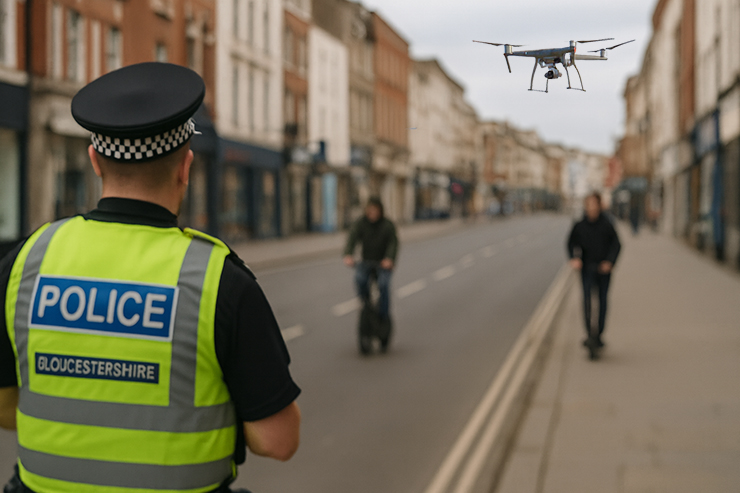
Over the past five years, e-bikes and e-scooters have experienced a surge in popularity worldwide as people adopt new forms of micromobility. Their appeal stems from a mix of convenience, affordability, and sustainability. Riders can travel faster than walking or cycling, avoid the costs and hassles of owning a car, and bypass traffic congestion. Many urban areas have added bike lanes and charging stations to support this growing trend. Global sales have exceeded 200 million units since 2020, and demand shows no sign of slowing as technology improves.
Despite their benefits, e-bikes and e-scooters come with notable downsides. Safety is a major concern, as many riders travel without helmets and share congested streets with cars, leading to an increase in accidents and injuries in some cities. Their quiet motors also make them harder for pedestrians and drivers to hear, contributing to collisions. Infrastructure has not fully caught up with their growth, and in areas lacking dedicated bike lanes, riders are forced onto sidewalks or busy roads, creating conflicts.
Several Australian cities have recently moved to restrict or halt rental e-scooter programs over safety and public nuisance concerns. Melbourne ended its trial in 2024, ordering operators to remove their fleets after complaints about cluttered sidewalks and reckless riding. Perth followed in 2025, suspending its rental services indefinitely after a pedestrian was fatally struck by an intoxicated rider. Similar concerns have prompted authorities in parts of the UK, including Greater Manchester, to ban private and rental e-scooters from public roads and walkways altogether, citing rising numbers of collisions, injuries, and unregulated vehicles creating hazards for pedestrians.
Under UK law, e-bikes and e-scooters are only permitted on roads and cycle lanes if they meet strict safety standards and are part of approved sharing programs. Private e-scooters remain illegal on public roads, yet many riders flout these rules by using high-powered or unregistered scooters in traffic or weaving through pedestrian areas. Police have reported an increase in such violations, prompting stepped-up enforcement efforts to curb dangerous and unregulated riding. This includes amendments to the Road Traffic Act 1988, which allows police to confiscate vehicles.
Recently, Gloucestershire Police announced to the public that “We are able to seize your bikes under Section 165 [of the] Road Traffic Act and these will then be destroyed.” To further assist in controlling the illegal use of e-bikes and scooters, Gloucestershire Police will begin using drone technology to monitor and apprehend offenders. Special Constable Adam Murcott explained that the use of drones to monitor these electric modes of transportation is not intended to upset people, but rather to increase safety for the entire community.
Gloucestershire Police first launched its drone program in 2017 as part of a wider effort to adopt modern technology for law enforcement and public safety. Over the years, the unit has expanded to support searches for missing persons, traffic accident investigations, and now the enforcement of e-bike and e-scooter regulations. The force primarily uses compact DJI drones, including models from the Mavic 3 Enterprise series, which are well-suited for urban monitoring due to their foldable design, high-quality cameras, and advanced obstacle detection. As of 2025, the department operates roughly a dozen drones across the county, allowing officers to deploy them quickly wherever they are needed.
As part of this latest mission, drones will be deployed to patrol streets and public areas where illegal e-scooter and e-bike activity is most common. Special Constable Murcott explained that drones can track speeding or unregistered vehicles, capture clear photographic evidence, and help police respond quickly to incidents. Compared with traditional foot or vehicle patrols, drones provide a safer, more efficient way to enforce the law, cover more ground, and gather accurate data on rider behavior, making them an ideal tool for managing this growing public safety concern.
While Police and Crime Commissioner Chris Nelson recognizes that not everyone uses e-bikes irresponsibly, he has received far too many complaints about them from the community. “The illegal e-bikes are extremely heavy, and if that’s scooting along at 20 or 30mph and it hits someone, you could kill a person,” Commissioner Nelson said. As the popularity of micromobility continues to rise, Gloucestershire Police hopes that pairing clear regulations with innovative drone technology will strike the right balance between encouraging sustainable transport and protecting public safety.
|